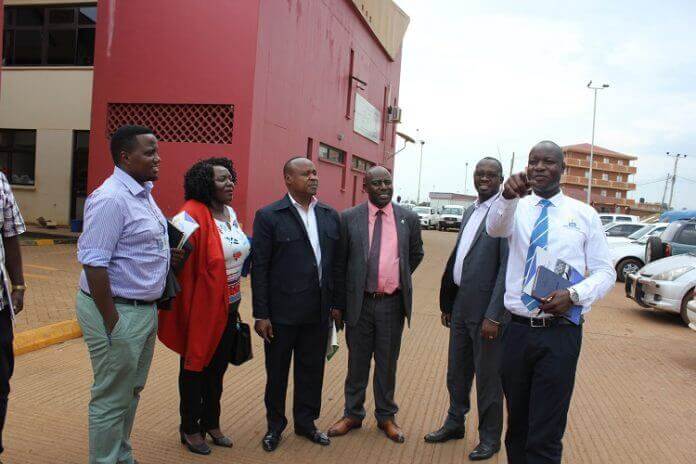The Common Market for East and Southern Africa (Comesa) has launched two projects aimed at formalising cross-border trade among small scale businesses. The move is expected to enhance Malawi’s exports under the block. This follows the inaugural meeting of the projects steering committee which began on Monday in Lusaka, Zambia. The first project is a €15 million Regional Small-Scale Cross Border Trade Initiative (SSCBTI) while the second is a €53 million Trade Facilitation Project, both funded by the European Union (EU) under the 11th EU Development Fund. The Trade Facilitation Programme aims at increasing intra-regional trade flows of goods, persons and services by reducing the costs and delays of imports and exports at specific border posts. It is expected that this will be addressed through reduction of non-tariff barriers, implementation of digital Free Trade Area, World Trade Organisation Trade Facilitation Agreement, improvements of the Coordinated Border Management and liberalisation of Trade in Services and free movement of persons. A statement from Comesa says implementation of the two projects is expected to contribute to higher revenue collection for governments at the borders, increased security and improved incomes for traders. “The SSCBT initiative is designed to address challenges facing small scale traders which include high transactions costs arising from delays at the border, high taxes and high transport costs; corruption and harassment among others,” reads the statement in part. Spokesperson in the Ministry of Industry, Trade and Tourism, Mayeso Msokera, said the development is expected to boost government’s revenue and trade for...
Comesa to formalise small scale cross-border trade
Posted on: October 7, 2019
Posted on: October 7, 2019

















